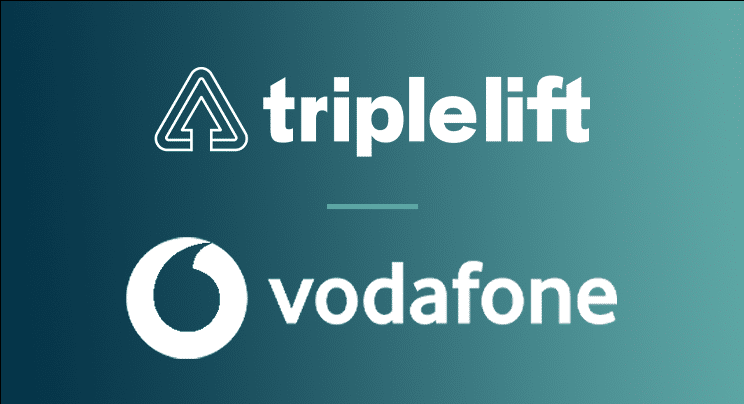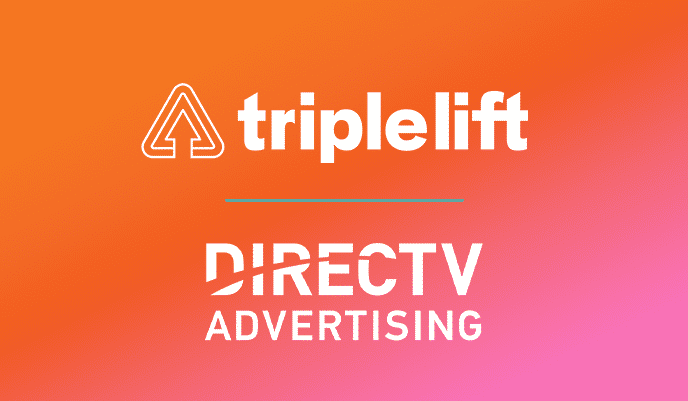This interview was originally between markenartikel, a prominent German publication, and TripleLift General Counsel and Chief Privacy Officer, Julia Shullman. The original article can be found here.
markenartikel: Recently, Google announced that it will say “bye-bye” to third-party cookies. What problems will advertisers face with this change? What do the restrictions mean for businesses?
Julia Shullman: It is a fundamental break that will make it difficult to maintain the status quo. Advertisers face two challenges if they continue with business as usual. First, they will need to ensure they have an alternative browser ID to use to deploy their own data, so they can measure the delivery and effectiveness of their ads across different digital properties through various ad tech vendors and platforms. Second, they’ll have to find a way to maintain the use of the ad tech vendors of their choice to do this. Publishers, and their ad tech vendors, face similar challenges.
For us, the announcement by Google actually represents a great opportunity for advertisers, but also for the industry at large. The advertising ecosystem has become misunderstood by consumers and the parties within the ecosystem.
The foreseeable end of third-party cookies is an excellent forcing function (coming on the heels of Safari and Mozilla). Our industry is at the start of the next cycle in ad tech and has the opportunity to rethink advertising. We can focus on providing a more transparent and efficient experience by rethinking how user data is collected, used and shared, and providing ads that are informative, respectful and, non-intrusive and fit within the flow of publishers’ environment.
TripleLift is well positioned as a vendor focused on maintaining direct relationships with publishers and providing advertisers a direct path to supply.
markenartikel: GDPR has already been applied in Europe. For marketing, this means that third-party data can only be used with the permission of the user. How has this worked in practice so far? Have these conditions proved to be an opportunity for better quality?
Shullman: The interplay between the online consumer experience, transparency and user choice requirements in GDPR, and the existing ePrivacy Directive, is challenging. However, does that require a complete interruption of a user’s online journey with consent banners blocking access to content or forcing a user to login?
In Germany, in particular, there’s a debate about whether a publisher and its ad tech vendors require consent to use cookies or to use other identifiers associated with browsers and devices that consumers use which deliver and measure ads. Many believe if a publisher provides transparency and choice to their users and restricts their ad tech vendors’ use of their users’ data, the user experience shouldn’t be ruined.
We see publishers and advertisers using privacy regulations to push for better control and transparency in their supply chains and for better consumer transparency and choice.
markenartikel: What is the alternative for third-party cookies? Is there a market solution, an ID?
Shullman: If industry is looking to replace browser identifiers and potentially other device-related advertising with another identifier, a variety of proprietary and industry alternatives and coalitions exist. However, at least today, none of these solutions come close to having the breadth of data and infrastructure of large consumer-facing platforms like Google.
We need to talk about identity and understand why it is not working in the transfigural sense and how it should be managed and controlled in the future across the entire ecosystem. We need to do this from both a consumer and commercial perspective.
We support industry-led solutions or simple interoperable proprietary solutions designed to try to fix the ecosystem in order to make it work better — including creation of an alternative solution for browsers and other device identifiers, whether used at a user or cohort level. Ideally these solutions are incubated and managed by an existing industry association like the IAB, which we believe is well-placed given its relationship with IAB TechLab.
Industry factions should not quarrel across different constituents or across different markets. That will end with no viable industry solution, leaving the large platforms designing and deploying the ultimate solution, not because it’s best but because the industry couldn’t get its act together to align on the right solution.
markenartikel: What role could data alliances play?
Shullman: There is certainly a role for data alliances — whether related to online identifiers or related to data deployed using those identifiers. Those data alliances, however, will only work if their solutions are aligned with the solutions of the ad tech vendors they rely on.
markenartikel: Which data will determine the success of campaigns in the future?
Shullman: Data that’s been appropriately collected and over which the user has appropriate permissions and controls. The parties looking to deploy that data must have an appropriate mechanism to deploy and use it in a transparent and privacy protective manner.
markenartikel: To what extent has GDPR and e-privacy brought the topic of data ownership into the focus of companies? What are the advantages of first-party data, and how can companies proceed to generate this data in a data protection-compliant and secure manner?
Shullman: I’m not sure GDPR and e-privacy have focused on data ownership. Instead, they’ve focused on a consumer’s right to transparency and control over who can collect their data and how it is used.
Those requirements benefit companies with direct consumer relationships like large platforms with consumer-facing products or devices that don’t have to share data with other parties. They also benefit publishers and their vendors.
Ironically the requirements don’t really benefit advertisers because it isn’t well known to consumers that their data may be collected by a brand in one circumstance (e.g. when a consumer buys a good or product from that brand) and then the brand uses that data later to target the user on a publisher’s digital property where the brand’s ad is being shown.
So, between publishers and advertisers, the requirements favor publishers who can more easily explain to consumers that data collected by them on their digital properties is being used to tailor ads on those same digital properties and protect that data from being shared too broadly.
markenartikel: Which advertisers benefit from third-party data? Are they still important for the acquisition of new customers as well as cross or upselling?
Shullman: Advertisers do need to rely on the data of others (e.g. publishers and other technology providers) when looking to draw in new consumers. Privacy regulations certainly make this more challenging and benefits consumer-facing platforms and companies that can allow advertisers to benefit from their services and vendors using this data without actually sharing the data with them.






